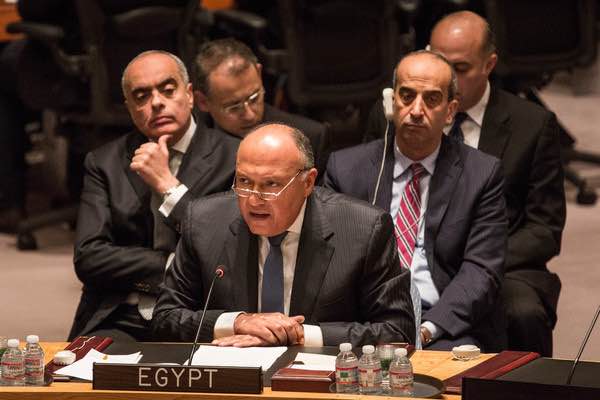BRUSSELS: Iran agreed Tuesday to a new round of talks in Geneva on December 6 and 7 with world powers on its controversial nuclear program, an EU foreign affairs spokesman said.
Iran chief negotiator Said Jalili will meet for talks with EU chief diplomat Catherine Ashton, who will lead the international delegation, the spokesman said.
"We’ve now received a response from the Iranian authorities in which they have said that Dr. Jalili has accepted Catherine Ashton’s proposal to meet in Geneva," the spokesman said.
"Talks between Catherine Ashton and Dr. Jalili will now take place on Monday and Tuesday next week in Geneva."
Ashton would lead the so-called "3+3" or "5+1" group of nations negotiating with Iran made up of the five permanent members of the UN Security Council (the United States, Russia, China, France, and Britain) and Germany.
The talks will be the first between Iran and six world powers since October 2009.
The sanctions had "without doubt pushed Tehran back to the negotiating table," the official said.
Iran is under four sets of UN sanctions over its refusal to suspend uranium enrichment, the sensitive process which can be used to make nuclear fuel or, in highly extended form, the fissile core of an atom bomb.
Disagreement over the agenda has held up a resumption of the talks. The world powers want the talks to focus on Iran’s uranium enrichment program but Tehran wants a wider discussion that includes regional security issues.
The United States and its allies say Iran is seeking to build a nuclear bomb. Tehran denies that. However, Iran’s enrichment program is of international concern because it can create both fuel for an electricity-generating reactor as well as nuclear warhead material. Iran insists it wants to enrich only to run a nuclear reactor network.
The US and some of its allies are pushing Tehran to fully open all facilities to international inspection and to give up uranium enrichment, a key element that could give it a pathway to a bomb. Iran says it has a right to enrich uranium for producing nuclear fuel.
Last month, the EU rejected Istanbul as a venue saying there was no need for another regional power to get involved.
Negotiations foundered a year ago over a UN-drafted proposal for Iran to ship most of its stockpile of enriched uranium abroad for further processing and to be returned in the form of fuel rods for a Tehran research reactor that makes isotopes used in cancer treatment.
A senior European official said that Iran’s decision to return to talks was evidence that sanctions against Tehran were effective.
